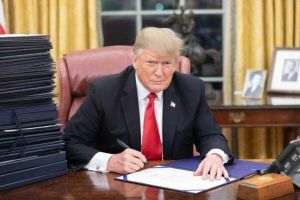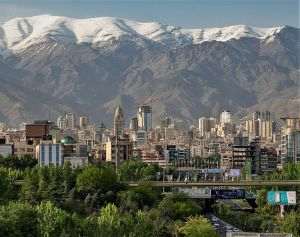Seriously spanked in Brussels, prime Minister Victor Ponta announced on Wednesday night that the referendum concerning the dismissal of the president will take place according to the decision of the Constitutional Court - which involves the obligation of the quorum of 50% + 1 voter being met - even though there were hints that it would be ignored.
Immediately after the decision of the Court (July 10th), the Minister delegated for the Administration, Victor Paul Dobre, said that the referendum will be organized according to the Emergency Ordinance no. 41/2012 (which does not require a minimum level of attendance), being backed by the Minister for the Relationship with the Parliament, Mircea Dusa, who justified this by saying that the decision of the Court only concerned a draft law, which, since the latter had not yet been passed, could not be implemented.
The suspended president, Traian Basescu, yesterday and the day before, asked Prime Minister Victor Ponta to cancel the Emergency Ordinance concerning the holding of the referendum through an emergency ordinance as well rather than by holding an extraordinary session of the Parliament which would modify the legislation, a session requested by the prime minister to correlate the decision of the Constitutional Court with the Law and the Ordinance concerning the referendum.
The Prime Minister replied that the government can not change the Emergency Ordinance concerning the referendum, because it does not have the right to issue new emergency ordinances for the duration of the parliamentary holiday. This restriction was approved by the Chamber of Deputies on June 19th.
• The issue of the referendum affects the reports of the European Commission for Romania
The report of the European Commission (EC), drafted as part of the Mechanism for Cooperation and Verification (MCV) concerning the legal court system in Romania, will be published on July 18th, a date chosen by the president of the Commission, Jose Manuel Barroso.
Quoted by press agency Novinite, Barroso said yesterday that the report would be honest and objective, and confirmed a Bulgarian piece of news which said that the progress made by the two countries would be reviewed separately.
• Viviane Reding: The political situation in Romania could affect the progress of its Schengen accession
Viviane Reding, the EU commissioner for Justice, explained on Wednesday, that the political situation in Romania represents a "great danger", and could affect the road towards a "full integration" into the Union.
Reding did not rule out the possibility of the EU continuing for "a few years" the monitoring of the state of law in Romania, "with any consequences this might have" on the integration of Romanian on the Schengen space.
In reaction to the comments of Reding, Hannes Swoboda, the leader of the Group of Socialists and Democrats in the European Parliament, yesterday said that it was "inappropriate" for a European commissioner to condition Romania's Schengen accession procedure on a political debate.
• The pressure in Brussels
Present in Brussels on Wednesday, Ponta met with the president of the European Parliament, Martin Schulz, who said that the European values need to be honored by the EU member states, without exception, and that it was important for the referendum on the dismissal of president Traian Băsescu have the necessary quorum, according to the decision of the Romanian Constitutional Court.
After the meeting of the two dignitaries, Victor Ponta said: "The government will host the referendum in compliance with the legislation and taking into consideration the decision of the Constitutional Court, which stipulates that the referendum would be considered valid if half of Romania's population would express its vote on July 29th. We will take all the necessary administrative and governmental measures toi make sure that the decisions of the Court are complied with and we will answer all the legitimate concerns expressed by our European partners. The government will organize the referendum according to the law and to the decision of the Constitutional Court".
The Prime Minister emphasized however, that it is not the government, but the Parliament which can change the law, which is why he has sent a letter to the chairmen of the two Chambers of the Parliament, proposing the summoning of the Parliament next week, in an extraordinary session and to make the law comply with the decision of the Constitutional Court.
Therefore, it would seem that Ponta changed his discourse to avoid hurting his relations with the European officials, who have repeatedly expressed their concern over the attacks of the leader of the PSD on the institutions of democracy.
Yesterday, Victor Ponta had meetings scheduled with the President of the European Commission and with Herman van Rompuy, the president of the European Council.
• The referendum will be monitored by the European Commission
The leader of the Party of European Socialists (PES), Sergey Stanishev, yesterday announced, following the meeting with Ponta, that the referendum concerning the dismissal of the president will be monitored by the European Commission. He said that this decision was intended to reassure the European officials against the suspicion that the EU norms would not be complied with, during the referendum.
"No violation of any of the rules of the EU and of the principles of the rule of the law will be tolerated", Stanishev further said.
The suspended president Traian Băsescu said, following the announcement made by Stanishev, that he doesn't see the need for monitoring: "Romania is a stable state in terms of the functioning of the institutions involved in the referendum".













































